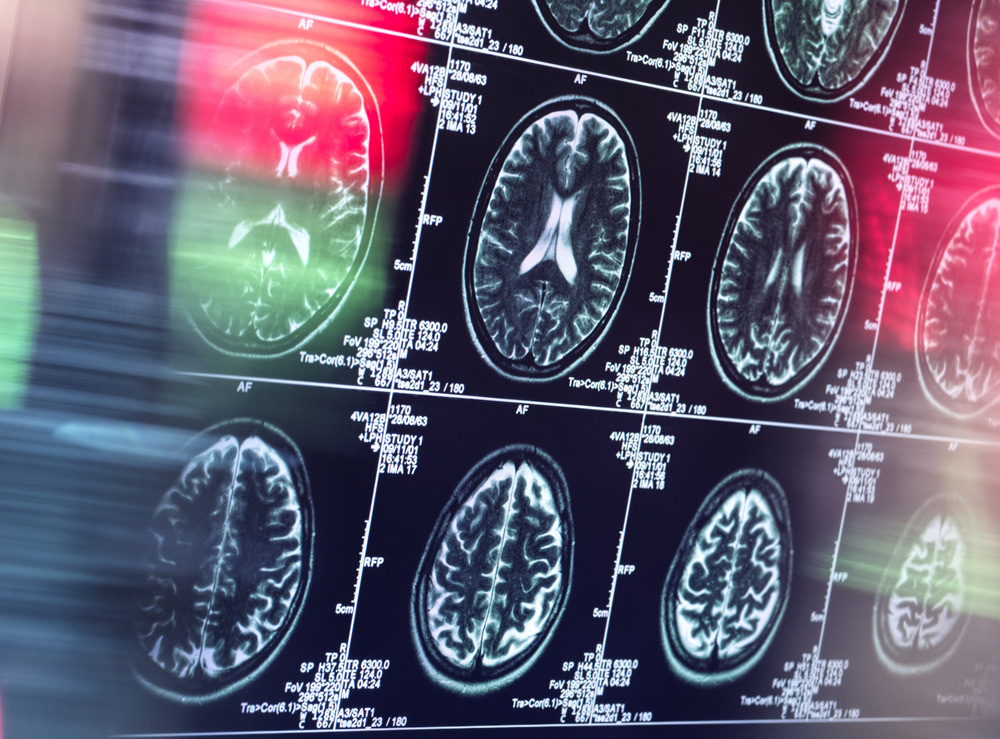
Hyperactivity disorder (ADHD) risk factor for serious mental health issues
Linked to major depression, post-traumatic stress, anorexia nervosa, suicide attempts
Vigilance required for those affected to ward off psychiatric problems, say researchers
The hyperactivity disorder, usually referred to as ADHD, is an independent risk factor for several common and serious mental health issues, finds research published in the open access journal BMJ Mental Health.
It is associated with major depression, post traumatic stress disorder, the eating disorder anorexia nervosa, and suicide attempts, the findings show, prompting the researchers to recommend vigilance by health professionals in a bid to ward off these disorders later on.
Attention-deficit/
ADHD has been linked to mood and anxiety disorders in observational studies, but it’s not known if it’s causally associated with other mental ill health.
To try and find out, the researchers used Mendelian randomisation, a technique that uses genetic variants as proxies for a particular risk factor—in this case ADHD—to obtain genetic evidence in support of a particular outcome—in this study, 7 common mental health issues.
These were: major clinical depression; bipolar disorder; anxiety disorder; schizophrenia; post traumatic stress disorder (PTSD); anorexia nervosa; and at least one suicide attempt.
The researchers initially used the technique to establish potential links between ADHD and the 7 disorders. They then used it to see if disorders associated with ADHD could potentially be responsible for the effects detected in the first analysis. Finally, they pooled the data from both analyses to calculate the direct and indirect effects of ADHD.
There was no evidence for a causal link between ADHD and bipolar disorder, anxiety, or schizophrenia, the results of the analysis showed.
But there was evidence for a causal link with a heightened risk of anorexia nervosa (28%), and evidence that ADHD both caused (9% heightened risk), and was caused by (76% heightened risk), major clinical depression.
And after adjusting for the influence of major depression, a direct causal association with both suicide attempt (30% heightened risk) and PTSD (18% heightened risk) emerged.
The researchers caution that while Mendelian randomisation is less prone than observational studies to the influence of unmeasured factors and reverse causality—whereby ADHD could be a consequence of the various disorders studied rather than the other way round—it is not without its limitations.
For example, the same gene may be associated with different traits, making it difficult to pinpoint the relevant causal effect, they point out. Only people of European ancestry were included so the findings might not apply to other ethnicities.
Nevertheless, the researchers conclude that their findings should encourage clinicians to be more proactive when treating people with ADHD.
”This study opens new insights into the paths between psychiatric disorders. Thus, in clinical practice, patients with ADHD should be monitored for the psychiatric disorders included in this study and preventive measures should be initiated if necessary,” they write.
05/09/2023
Notes for editors
Research: Understanding the causal relationships of attentiondeficit/hyperactivity disorder with mental disorders and suicide attempt: a network Mendelian randomisation study doi 10.1136/bmjment-2022-300642
Journal: BMJ Mental Health
Funding: None declared
Link to Academy of Medical Sciences press release labelling system http://press.psprings.co.uk/
Externally peer reviewed? Yes
Evidence type: Mendelian Randomisation study
Subjects: People





